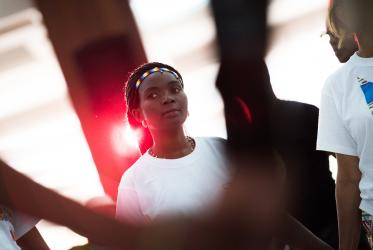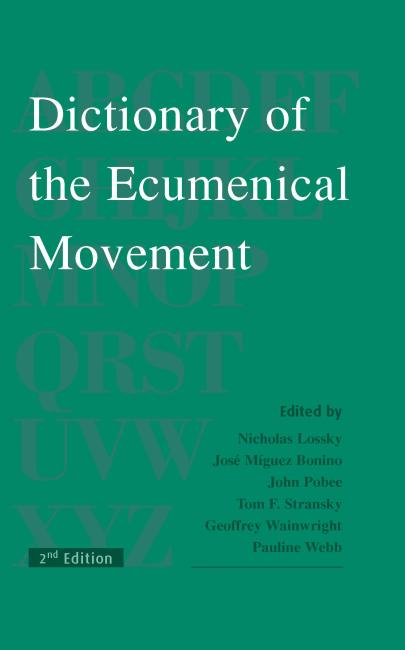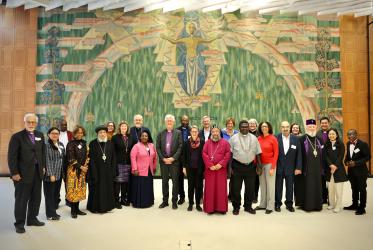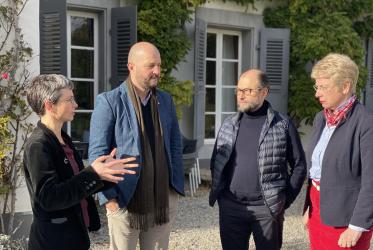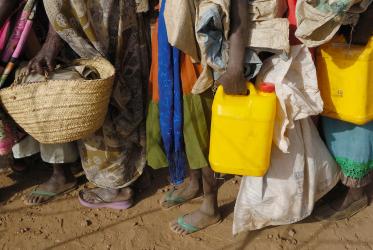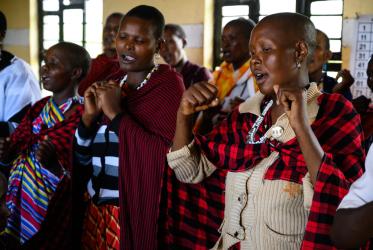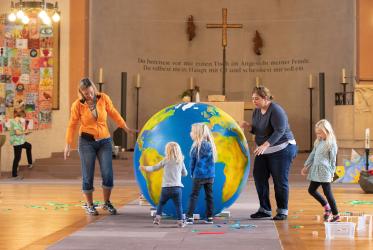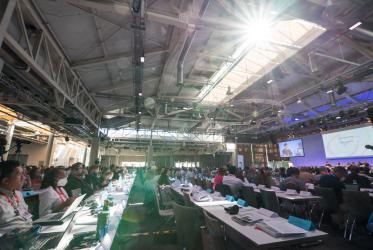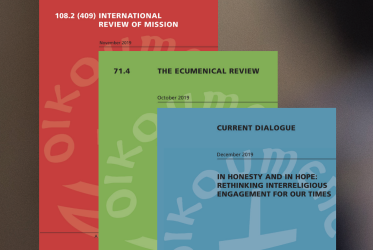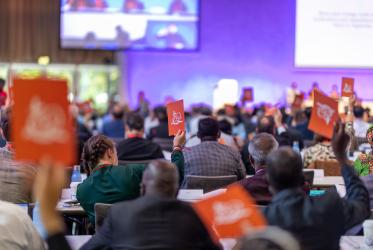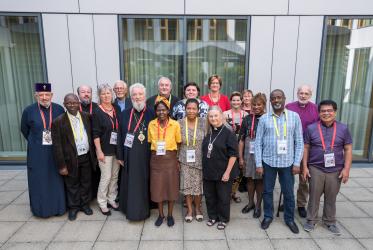Displaying 61 - 80 of 832
Dictionary of the Ecumenical Movement (2nd Edition)
28 November 2022
2022 Social Forum: Water for human rights and sustainable development
03 - 04 November 2022
Palais des Nations in Geneva, Switzerland
Uppsala 1968: tal como predijo la canción, los tiempos estaban cambiando
19 September 2022
Uppsala 1968: The times, they were a’changing
06 September 2022
WCC journals on cutting edge of a changing world
02 September 2022
